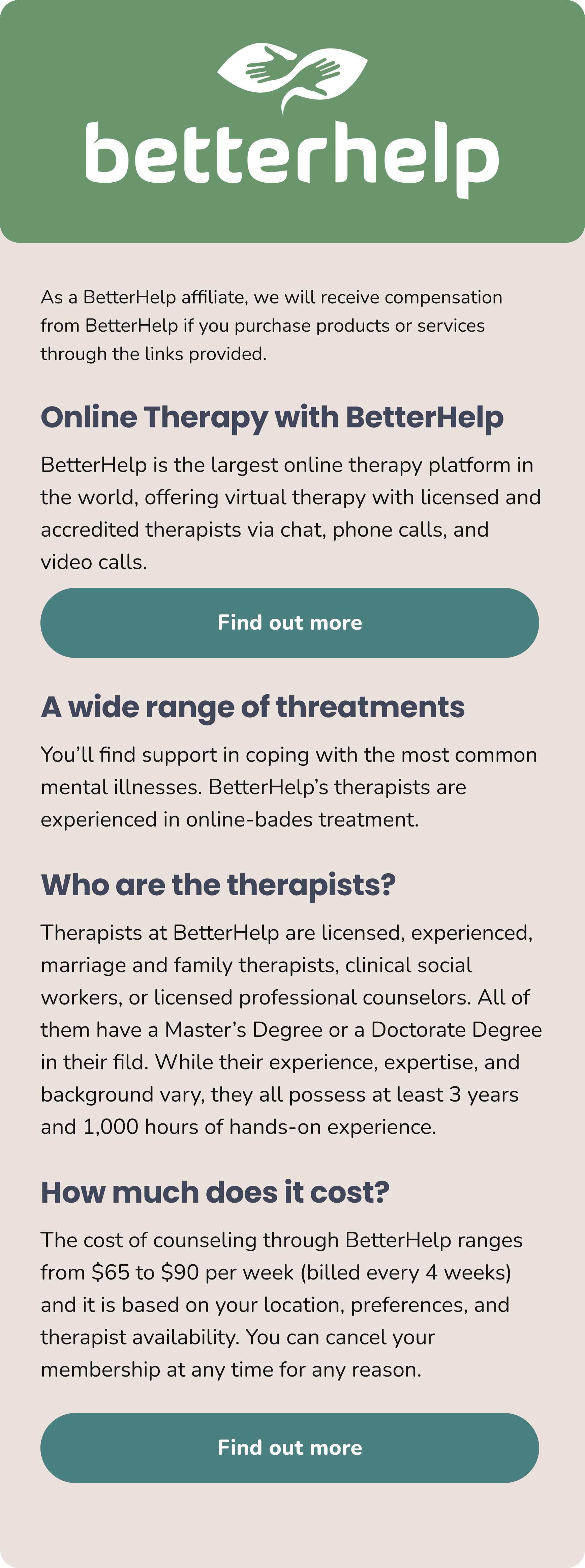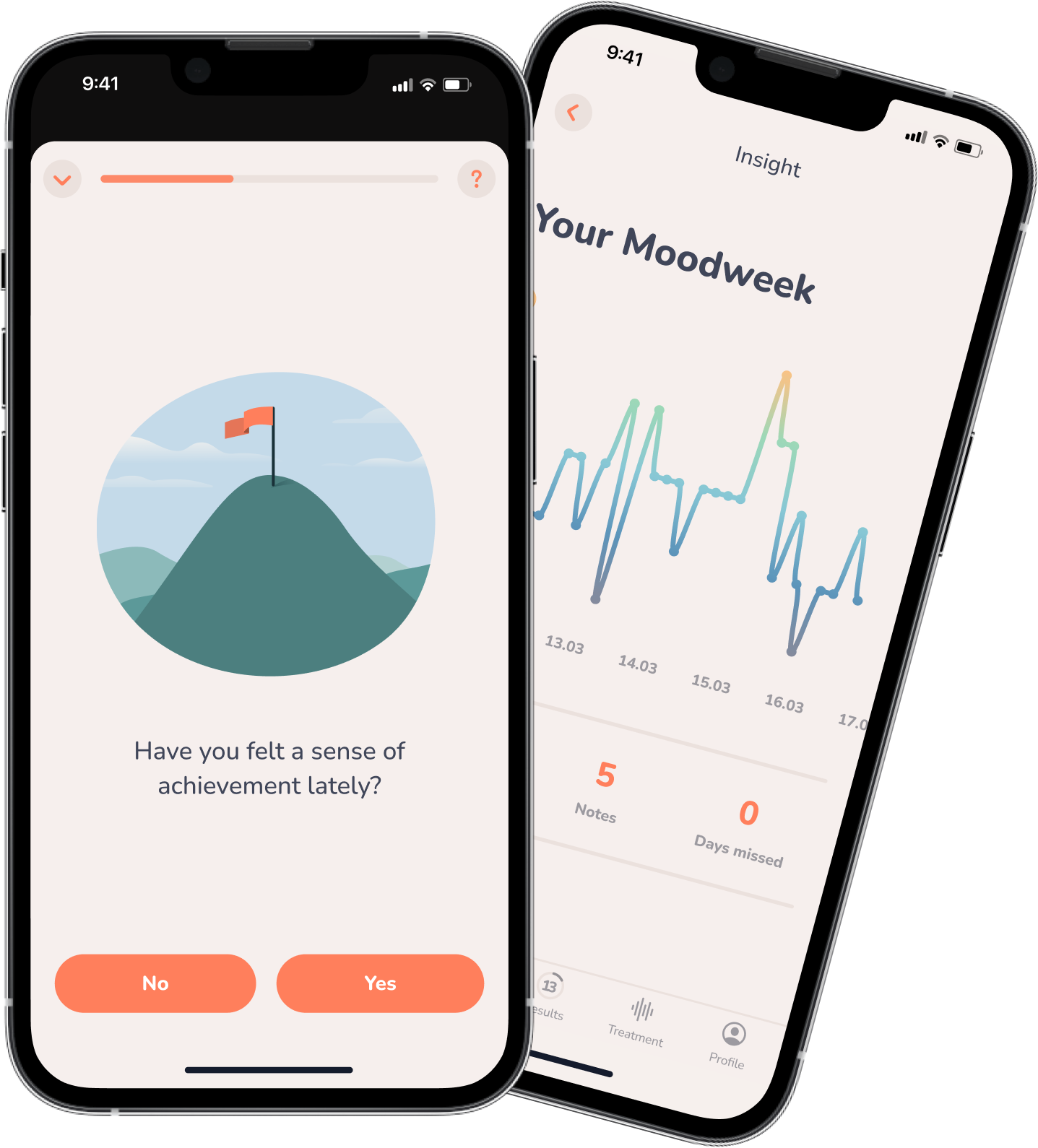Insight
Depression In South Africa’s Black Community
Depression is easily misunderstood in our community. Because of the existing stigma, many are not comfortable to seek help and speak about it. I want to set an example for opening up about mental health in the South African black community and share my own experience with depression.
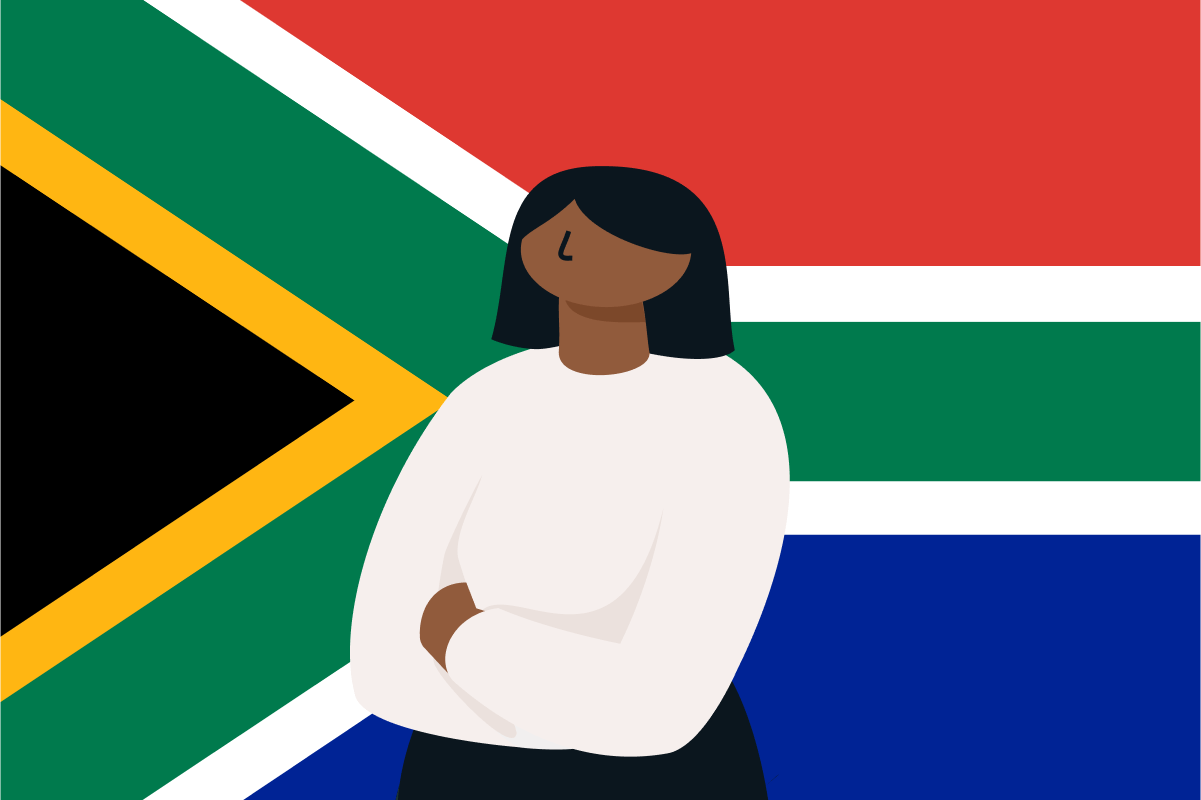
Like many in our busy world, I have been on a quest to find inner peace. I’ve spent hours, days, and months trying different things to ‘find happiness’, but nothing seemed to make sense. For many months I have felt a desperate restlessness in my mind, an emptiness in my soul, and darkness in my heart.
So many times I wish I could run away from myself and escape these suffocating anxieties in my head. But no matter where I’d go, and as much as I tried, I could not escape.
What Could Be Wrong With Me?
I had to dig deeper – what could be the cause of my unhappiness? I have wonderful people surrounding me and a beautiful life. It wasn’t until I read an article in a magazine about depression and anxiety that I could relate. I remember thinking to myself that this cannot be me. There is no way I could be suffering from depression, because in my “culture,” such does not exist. I could not share with anyone that I might be suffering from depression. Who was I going to tell? I feared to be perceived in a way I did not want to.
The problem is that depression in South Africa is deeply misunderstood, especially amongst black people. In my community, they refer to depression as “white man’s illness” and there is a lack of understanding when it comes to mental health. If you opened up about it, you are labeled as an “attention seeker”. For a while, I was in denial, because I thought these feelings would pass.
It was in November 2016 when I had a breakdown at work, I just couldn’t take it anymore. I remember crying uncontrollably in the office, not being able to stop. My Boss thought maybe someone close to me had died. He asked what was wrong and I could not answer him because I didn’t know what was wrong with me or just couldn’t put it into words. I asked for a few days off from the office until I decided to go out and seek professional help. I thought since I cannot speak to my friends, not even my family, perhaps speaking to a professional might help. Again, I was not confident about my decision because we don’t do “shrinks”. At that time, I had to convince myself that, if I continue like this…
I Have Nothing To Lose Except My Mind
Upon my first consultation, my therapist booked me into a psychiatric hospital for 21 days. At this point, I had made peace with the position as someone suffering from depression in need of help. I found myself in and had surrendered. It was during my stay in hospital that I learned a lot about depression and that it is not “madness”, but an illness that can be medically and therapeutically attended to.
I have lost two friends recently, they committed suicide and I can only imagine that what they were going through is possibly what I had experienced. However, I guess they did not seek help in the name of not wanting to be seen as attention seekers. I say this because thoughts of suicide also crossed my mind during that period, but I thank God that I chose to seek help instead.
To fight against the existing stigma, we need to be aware and reveal the truth of some myths about mental health and depression in South Africa.
South African Myths About Depression In The Black Community
1. “It’s A Bougie Illness” – this myth is closely related to the misconception that depression is a ‘white people illness’. However, from the South-African Stress and Health Study, we know that black adults were more likely to report non-specific distress and anger than adult whites and in the United States the prevalence of depression in African Americans is reported to be twice as compared to whites.
2. “Indoda Ayikhali” (Real Men Don’t Cry’) – because of this stereotype, many South African black men do not open up about emotional distress, nor do they seek help when they are depressed. They tend to suppress their emotions and rather express them externally, by turning to alcohol or other substances, for instance. Also, depression in South Africa among men is rising, and men are at higher risk to commit suicide.
3. “Yizinto Zabantu” (It’s Witchcraft) – It’s not uncommon to hear people in the township or rural communities loosely calling someone “ihlanya”, meaning a mentally disturbed person and believing that the cause of this is witchcraft. Black people with symptoms of depression typically go to a traditional healer with the belief that they will be given traditional counsel or medicine to ‘make it go away’. But if it doesn’t, and you don’t seek help, it might end in the worst way. In South Africa, it is estimated that 23 people commit and 230 attempt suicide every day.
4. “Thandaza Kuzolunga” (Just Pray, It’ll Go Away) – Closely related to ancestral beliefs around mental illness, is the notion that church and praying will heal depression. Although religion and spirituality have been shown to give people support, it should not be the only “therapy” to turn to when dealing with something serious like depression.
These stigmas and myths are reasons for not seeking help when we need it. In a South African study only 8.2% of people with lifetime major depressive disorder had spoken to a psychiatrist in the past 12 months. (In the US, only 54.3% of adult Black/African Americans with a major depressive episode received therapeutic treatment, compared with 73.1% of adult white Americans.) However, therapy can help – and it definitely helped me!
Depression Is Real And It’s Real Amongst Black People, Too!
Our people should be more enlightened and given assurance that “it is okay not to be okay”. Our people should be more open minded when it comes to seeing counselors and psychotherapists. If you’re going through any signs of depression, please get some help. Everyone in our society needs to know about how real depression is. And if you find yourself close to a person or a friend who is showing signs of depression, support them to find professional help as soon as possible.
After getting out of hospital I was put on anti-depressants and went to weekly therapy sessions. Getting this help didn’t only make me feel better, it changed much more. This phase in my life made me realize, I needed to change something, change my lifestyle. I learned that to beat depression, the change needs to start with yourself. I started finding new hobbies, started traveling, reading self-motivational books, and changed my diet. Now, I no longer see my therapist or take medication. However, should the need arise, I will not hesitate to seek help – I now know better!
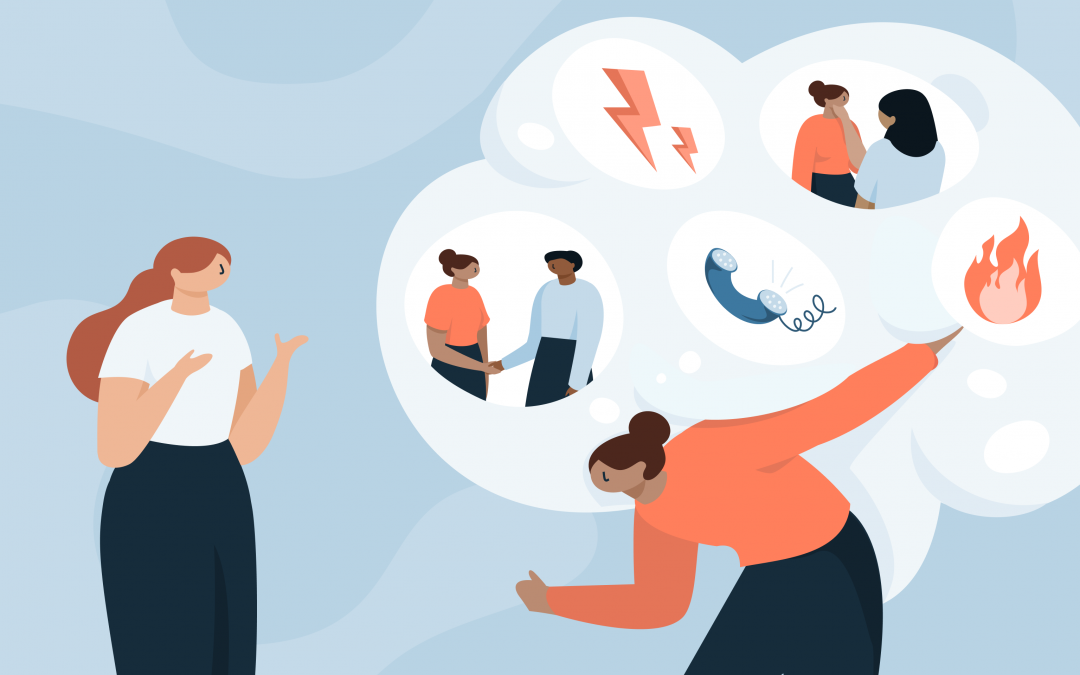
People-Pleasing — When the Fear of Rejection Becomes a Trap
Are you a person who places a high value on kindness, consideration and helpfulness? Or … maybe you tend toward what’s called “people-pleasing”?
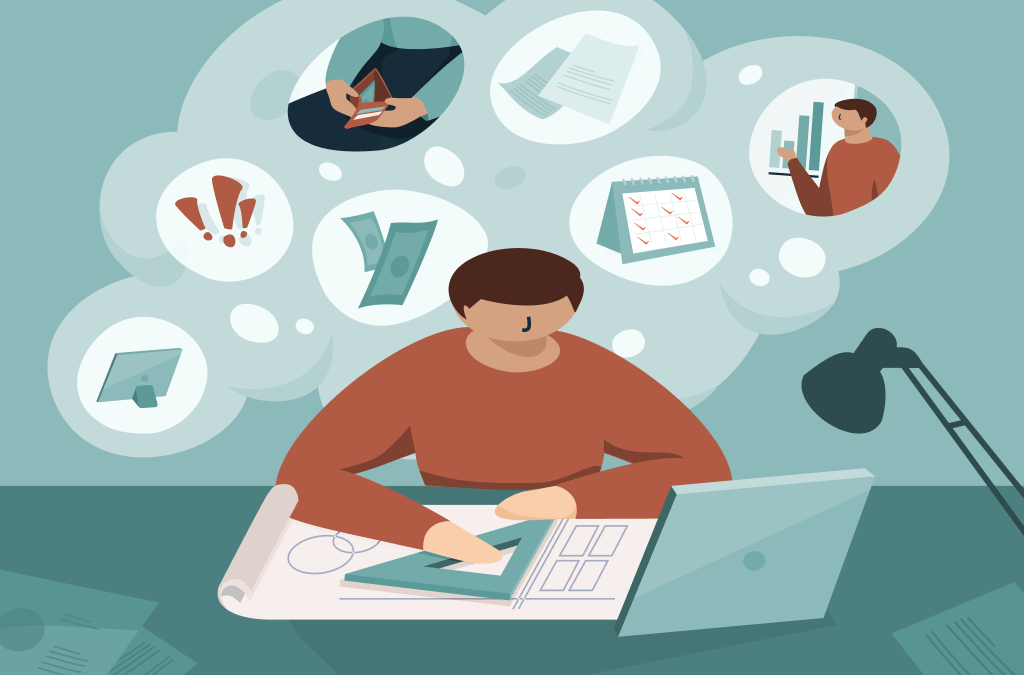
Psychological Needs in the Workplace: How to Meet Them
Deadlines, conflicts, pressure to perform—many people grapple with stressors at work. The extent to which these weigh on someone depends in large part on whether psychological needs are being met at work.
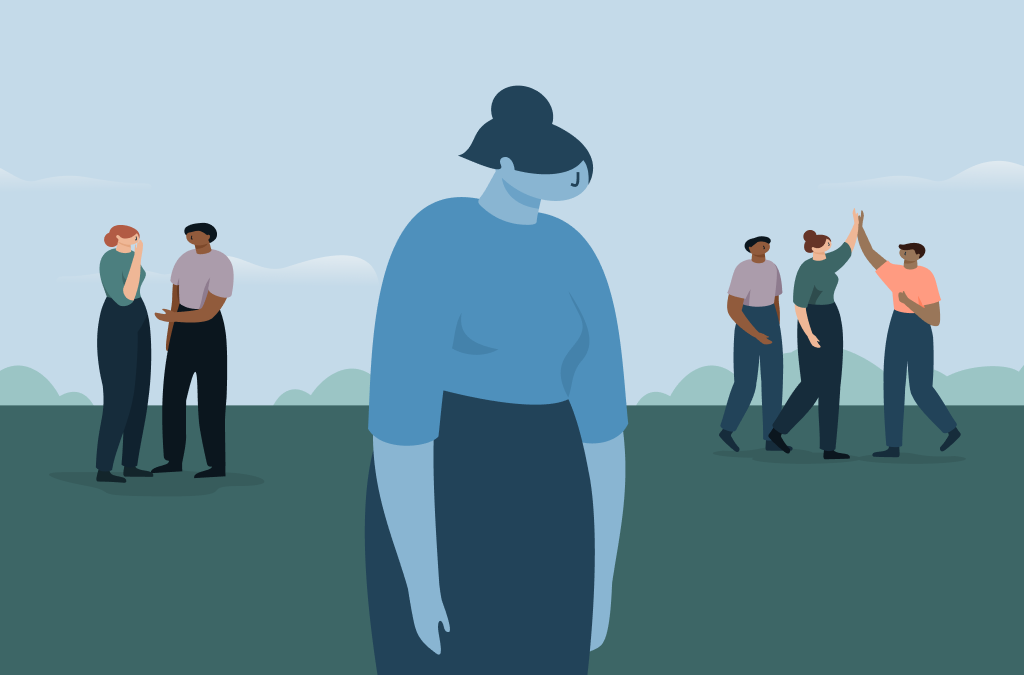
High-Functioning Depression: The Hidden Suffering
When people think of depression, usually intense sadness, low energy, social withdrawal, difficulty getting out of bed, and managing daily life come to mind. But this is not always the case.
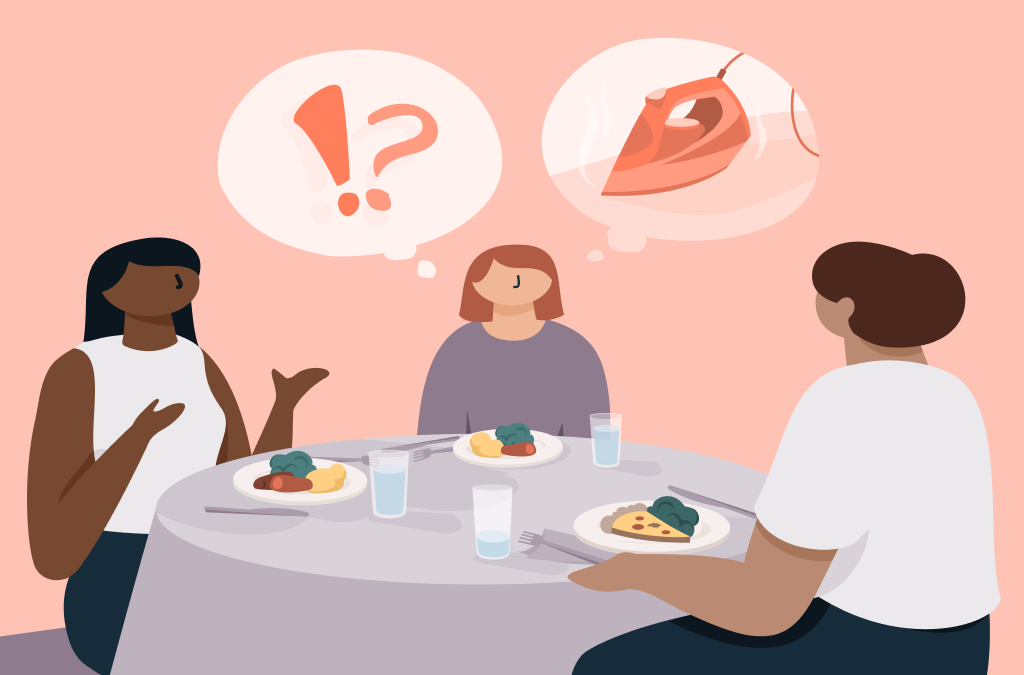
Obsessive-Compulsive Disorder: When Thoughts and Actions Become Torture
In this article, we explore what characterizes such thoughts and behaviors as well as how they can be treated.
